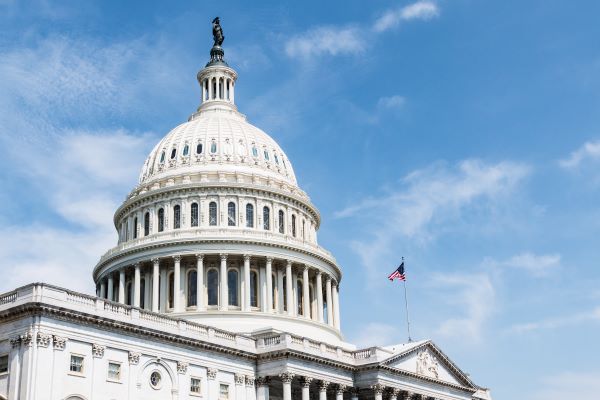Online profiles and accounts aren't addressed in most legacy care plans because most adults don't…

The Effects of the Build Back Better Act on Estate Planning
The House Ways and Means Committee approved President Biden’s Build Back Better Act’s (BBBA) tax provisions, a major step towards passage of the bill. As the draft now stands, the legislative proposal may restrict the abilities of higher net worth individuals to shelter assets from tax consequences in their estate planning strategies. There is little time left to take action and use more favorable regulations on gifting assets before the more restrictive tax proposals are likely to become law in 2022. Ultimately the provisions of this new law remain ambiguous; however, overall, the implementation of more restrictive rules is a near certainty.
Gift and Estate Taxes Proposed Under the Build Back Better Act
Lowering the gift and estate tax exemptions seems a lock. The BBBA proposal seeks to reduce these exemptions from its current $11.7 million per individual to $5 million, indexed for inflation. The provision’s effective date is January 1, 2022, and the expectation is the law will not seek to apply retroactively to gifts made in 2021. Additionally, the Internal Revenue Service (IRS) confirms there will be no permissible “clawback” if a person uses the exemption when it is high but dies after reducing the exemption.
Because there is no expectation these tax exemption reductions will apply to gifts from 2021, there remains a small window to utilize this as a gifting strategy through the end of this December. A gift of $11.7 million to a tax-exempt estate trust for the benefit of a spouse and children would not be subject to gift tax, and the trust assets, including earnings and appreciation, are removed in the future from the taxpayers and spouses estate. It is possible to shield this additional $6.7 million and its growth in 2021. Determining whether to rush and gift assets requires additional thought about the impact of a carryover versus a step up in basis is worth considering. The strategies you employ will impact the amount of gain recognized when heirs ultimately sell the asset.
Understanding Grantor Trust Proposed Under the Build Back Better Act
Some of the more complex mechanisms for gifting in a grantor trust stand to be impacted by the BBBA. This change in grantor trust treatment has allowed the individual who funds the trust (the grantor) to enjoy income tax benefits regarding transactions between the grantor and the trust without including any trust assets in the grantor’s estate.
Currently, a grantor can sell to their grantor trust without creating an income tax event. This trust type also permits the grantor to pay the income tax on all income the trust realizes, allowing more assets to remain and grow in the trust. The grantor also retains the power to remove assets from the grantor trust and replace them with equivalent asset value, which is a valuable tool to avoid or reduce certain gains.
The proposed BBBA seeks to exclude grantor trusts from the grantor’s taxable estate, and sales between an individual and their grantor trust will become taxable for income tax purposes. The effective date of these tax consequences, assuming the enactment of the BBBA, willfully affect those trusts created post-2021; however, contributions made to pre-enactment trusts will also be liable for the same new tax consequences. The upshot is to avoid these new grantor trust tax rules, create and fully fund your grantor trust by the end of 2021.
Understanding Other Proposed Changes Under the Build Back Better Act
Another gifting technique subject to BBBA proposed changes is the elimination of specific valuation discounts. An LLC or a Family LLC face eliminations for valuation discount on gifted assets that compromise interests or shares in a business entity that hold non-business assets. Non-business assets for tax purposes are passive assets held for the production of income rather than their use in active trade or business. This provision will significantly impact transferring interests in these LLCs upon the effective date of the legislation, so consider making discounted gifts of entities holding passive assets by year’s end.
While the winds of political fortune may lead to further extensions, enhancements, or reductions of the currently proposed BBBA, the timeline is undoubtedly tight to make changes in your estate plan to adapt to the changes in tax consequences. The three major categories to quickly address are the lower gift and estate tax exemptions, changes in the treatment of grantor trusts, and the elimination of specific valuation discounts related to LLCs to protect your estate plan. Contact our Auburn office at 260-925-3738 to create a plan that harmonizes its moving parts, so the gears will work together and you will leave the legacy you intended.



